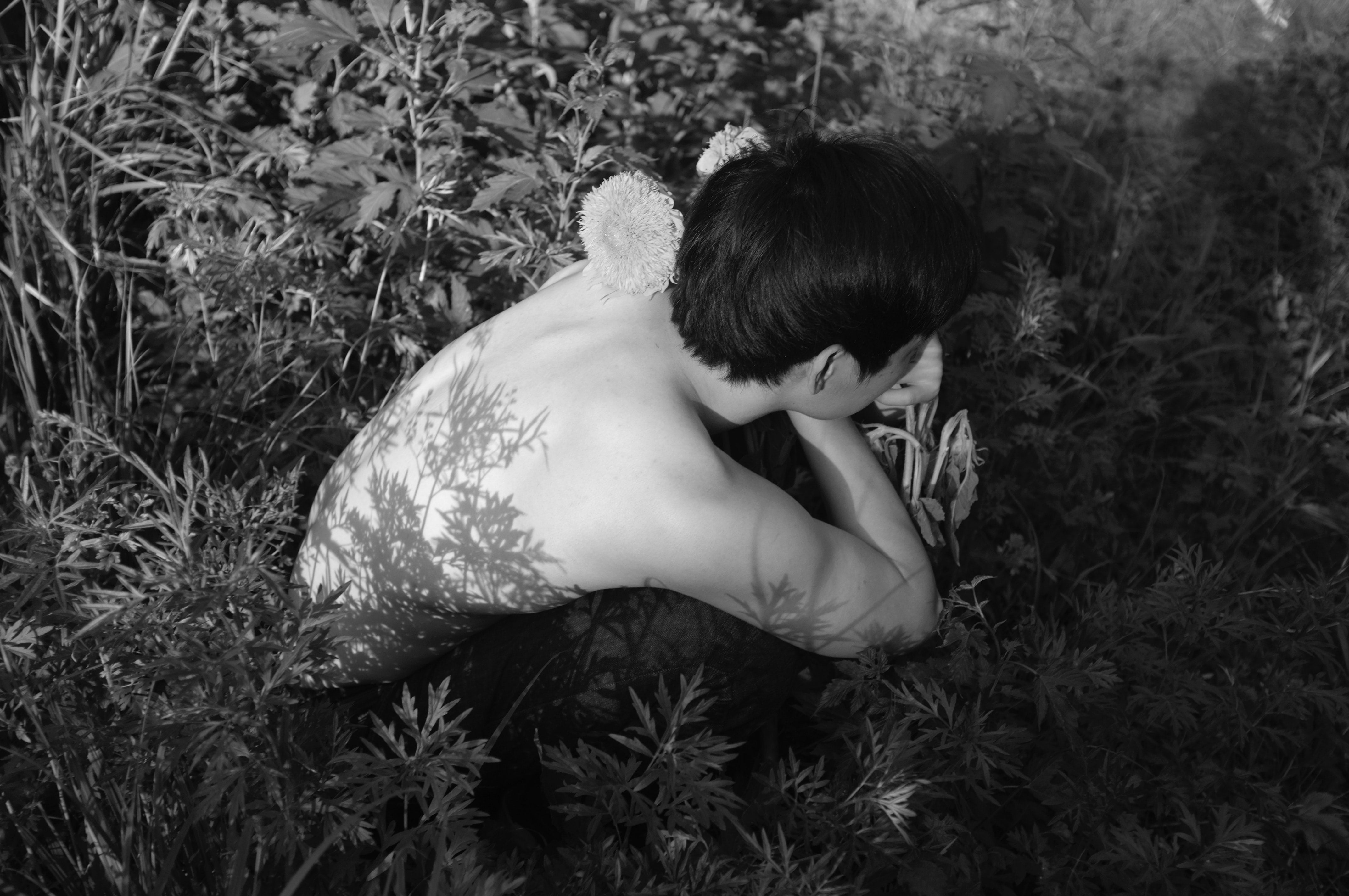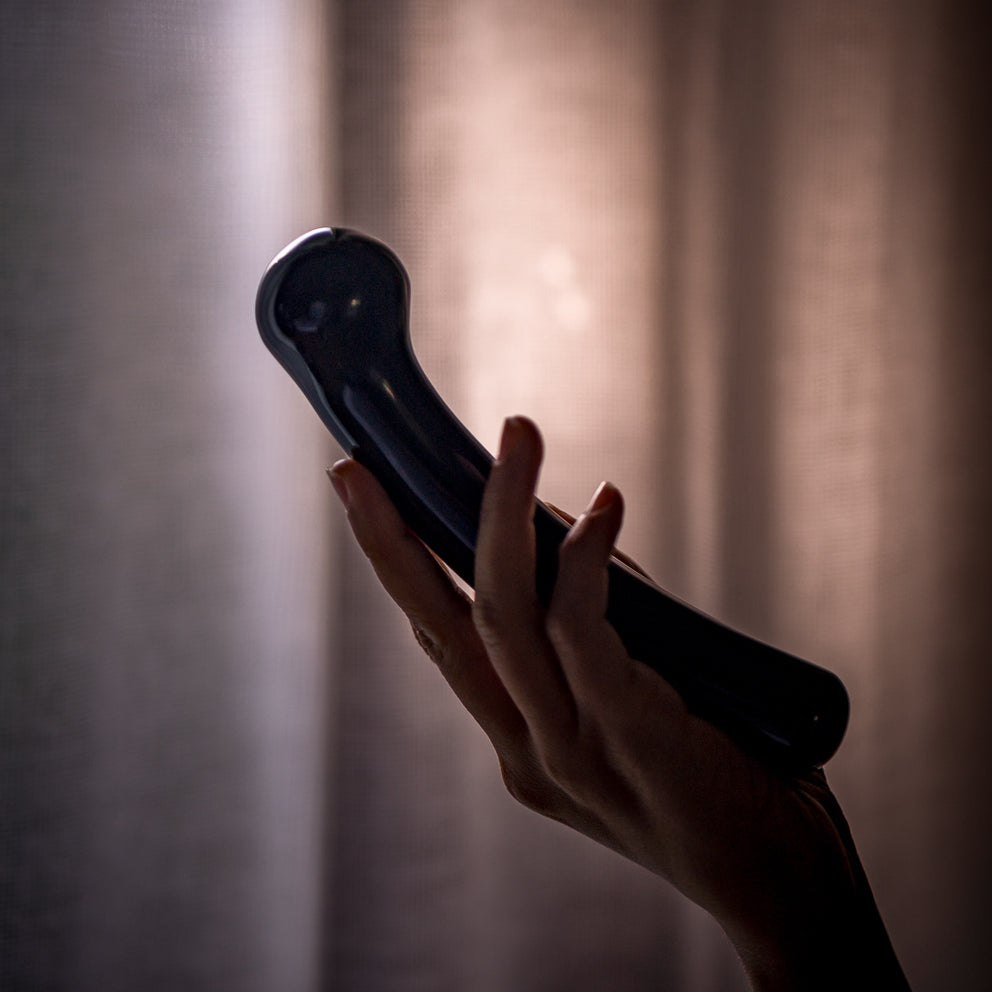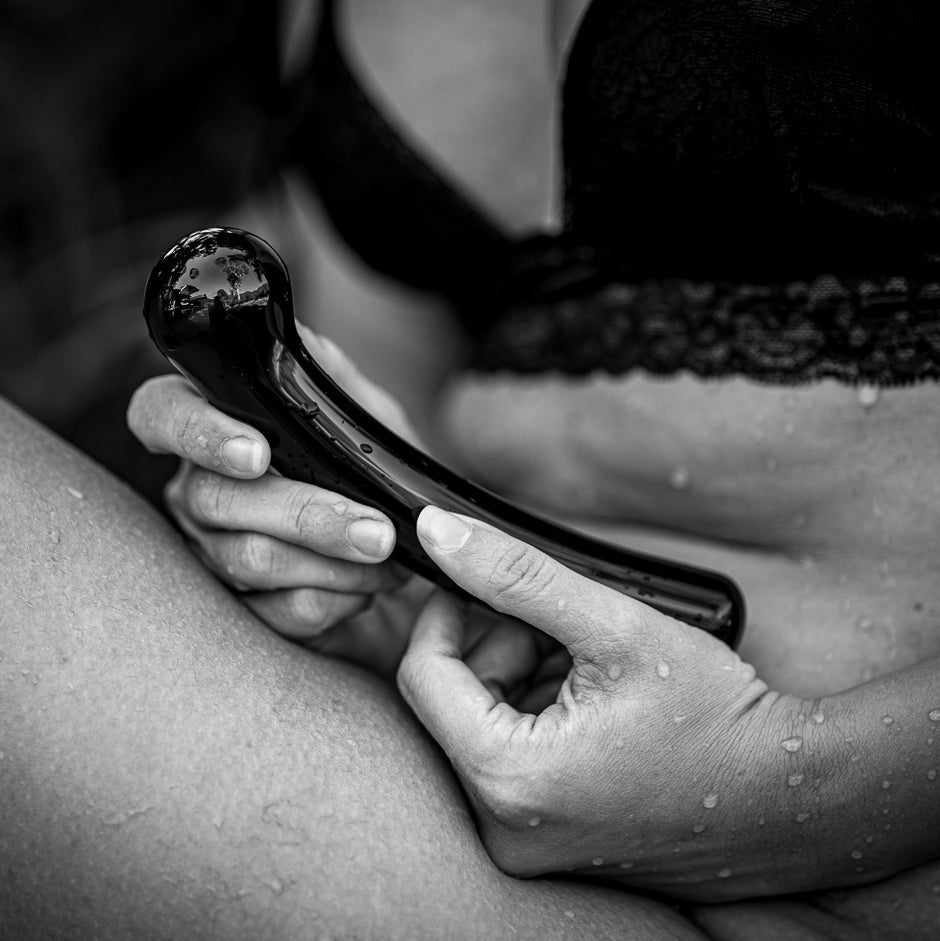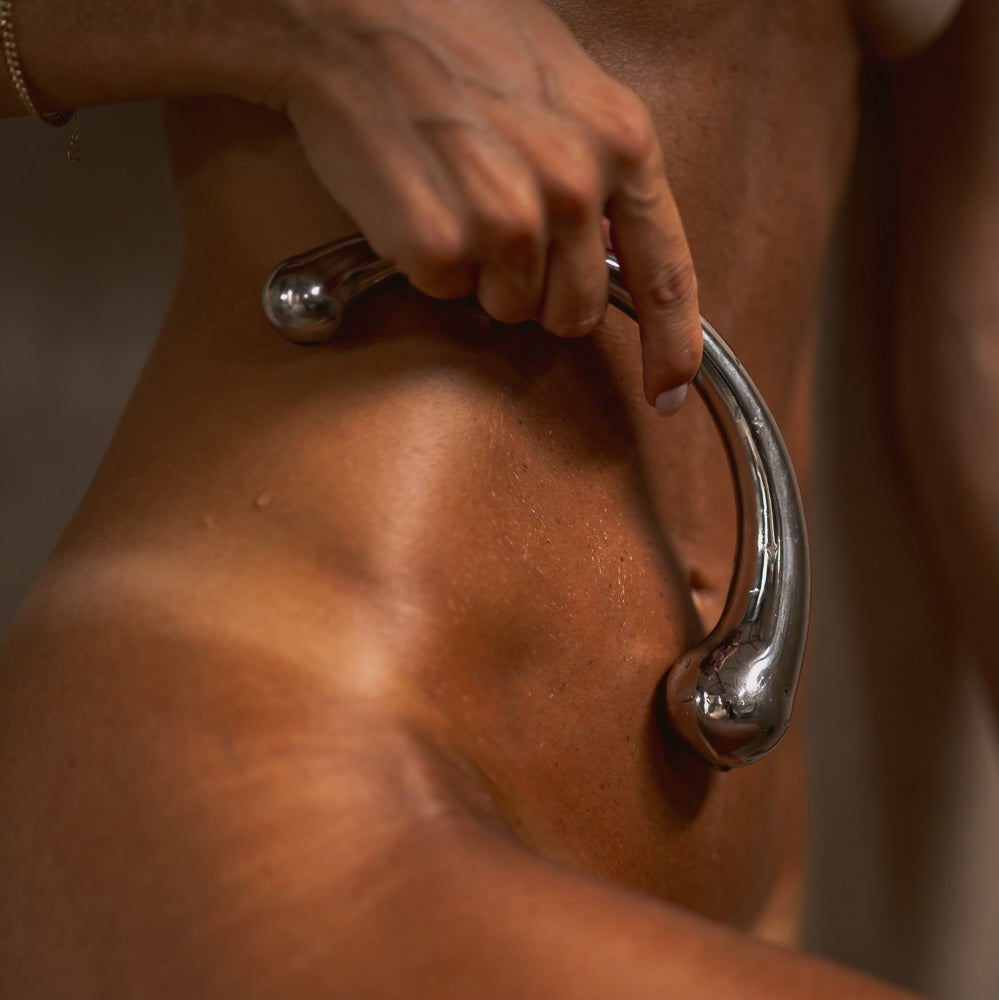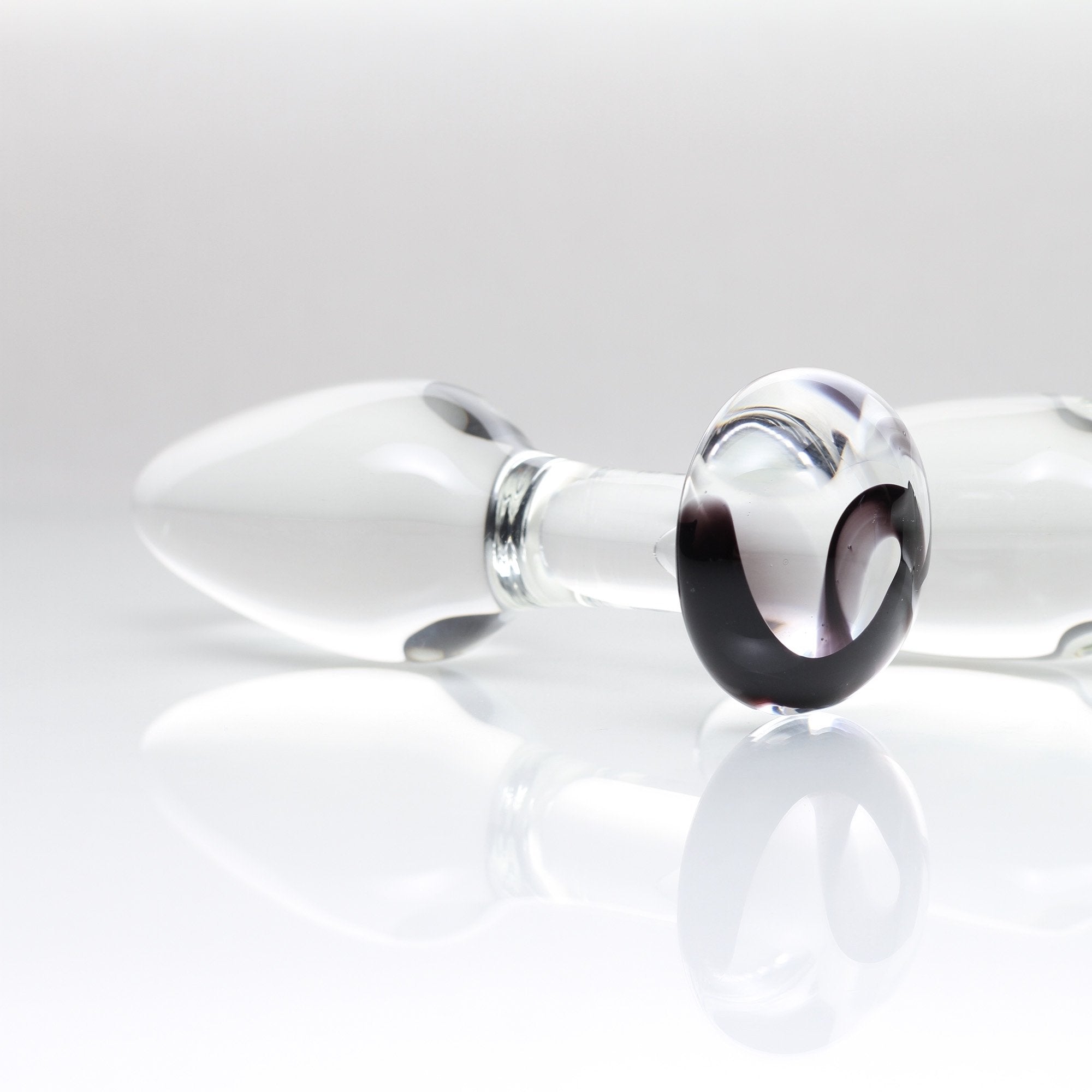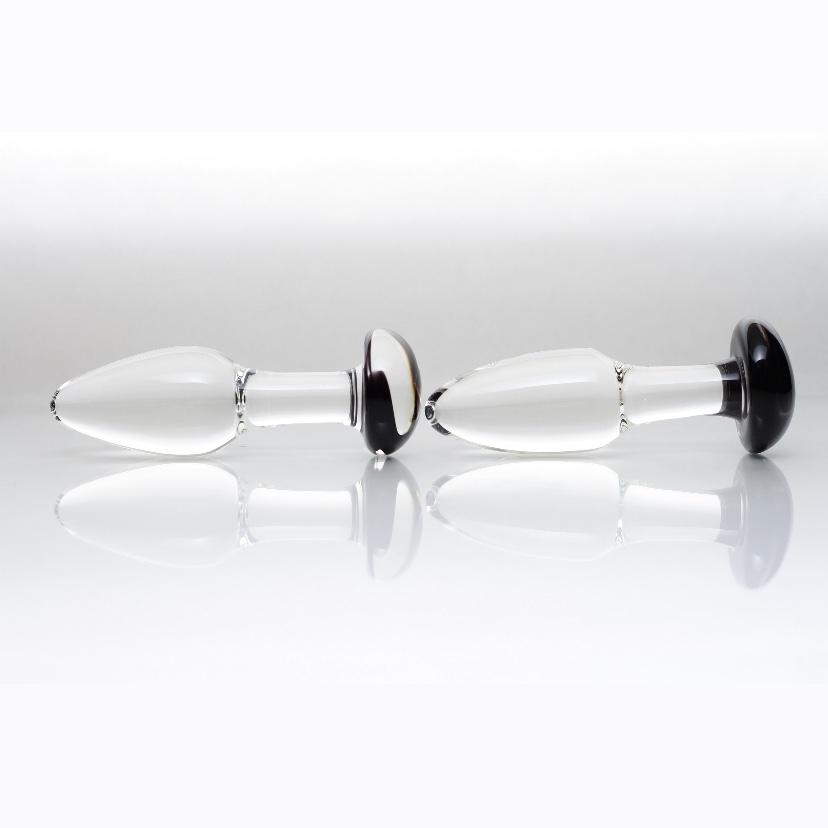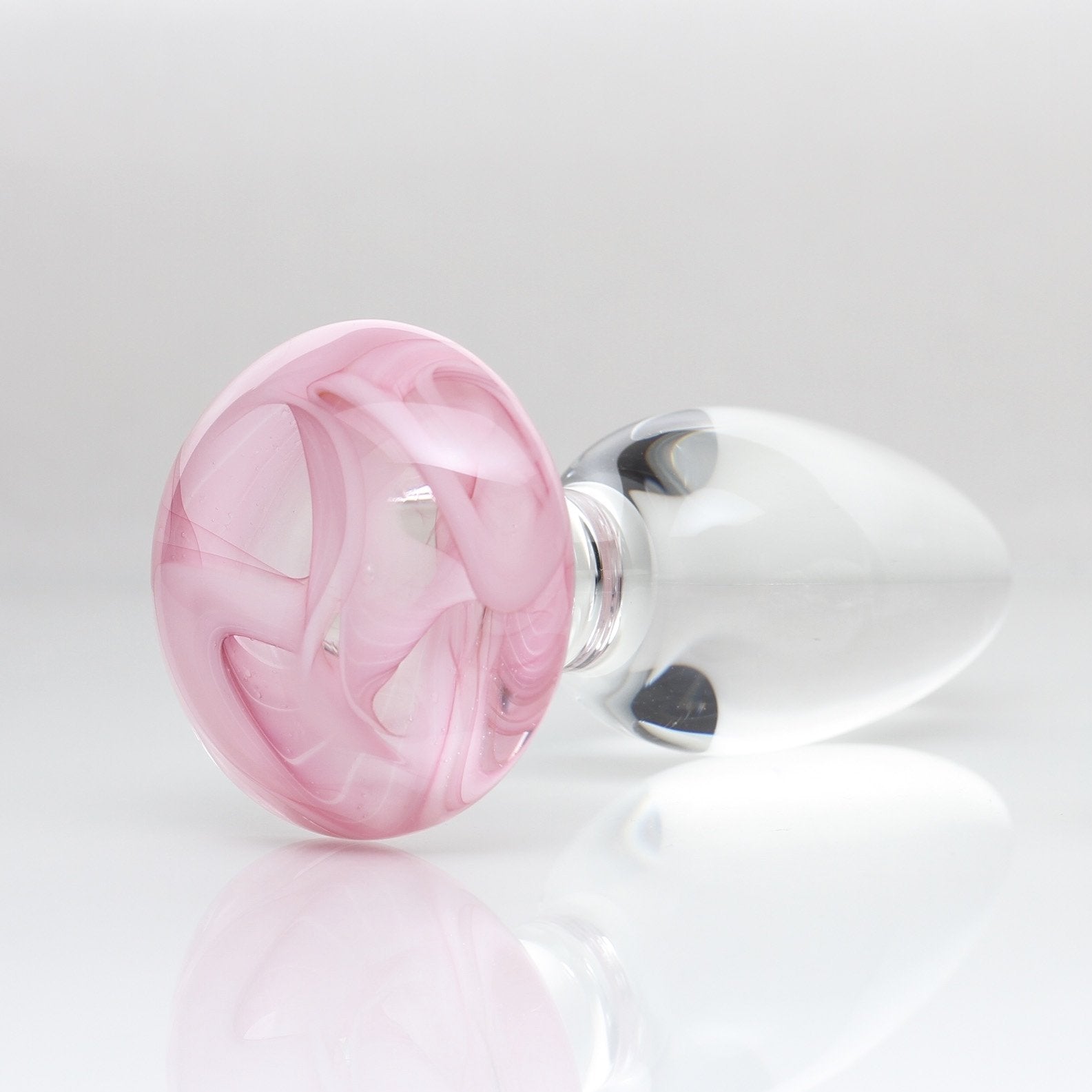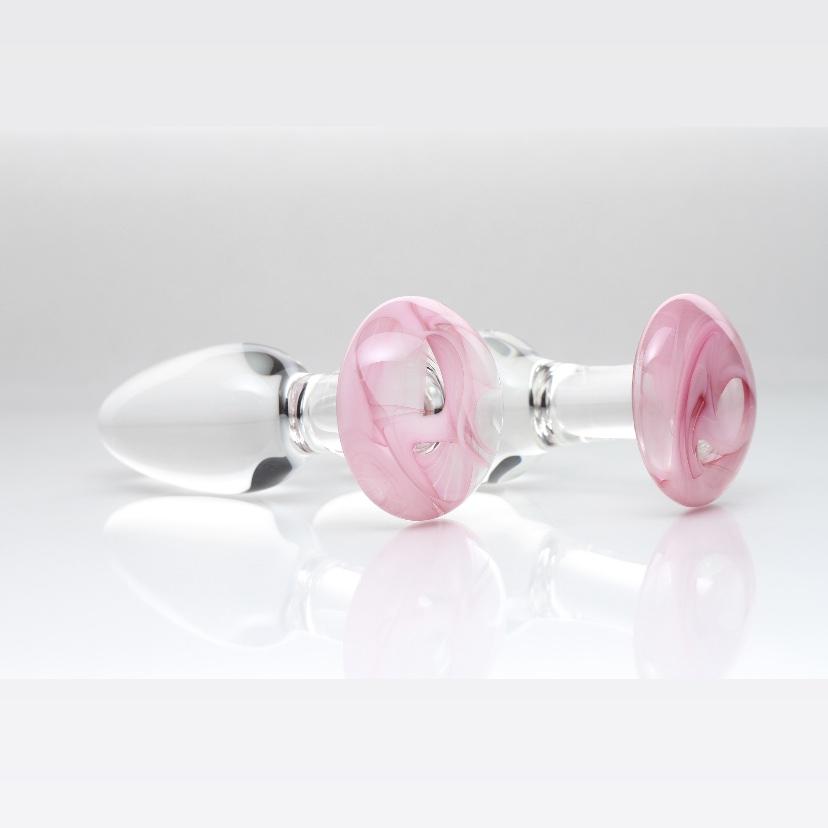From early childhood, societal norms have played a pivotal role in shaping how we nurture boys and girls. Boys, in particular, often find themselves under pressure to suppress their emotions, donning a mask of strength. Expressing feelings or showing affection, even shedding tears, is frequently discouraged. They are indoctrinated into needing to exude authority, maintain control, provide, and assume protective roles. This conventional narrative of dominance and emotional aloofness, imparted from a tender age, perpetuates a recurring cycle of behavior. Ultimately, this cycle gives rise to toxic masculinity, a phenomenon that undermines qualities such as sensitivity while elevating attributes like aggression and emotional detachment.
In the article below, Anne Lomberg delves into the concept of emotionally attuned men. She explores the journey men must undertake to embrace their emotions with vulnerability.
A while ago, I started to deal with the issue of toxic masculinity, prompted by my own experiences in relationships with men who had difficulty communicating their feelings openly and threw the towel quite quickly if I asked too many intimate questions. Something that I, an open-minded and emancipated woman, encounter repeatedly and usually becomes my undoing. But why is that? Why is it so difficult for men to express their feelings and show their vulnerable side when it would be much easier and more productive for the relationship? Questions I couldn’t answer for a long time until I learned more about societal expectations of men that manifest themselves as early as after birth.
Transmission of patriarchy
Traditional images of masculinity that suggest masculinity through strength, dominance, the separation of feelings, and vulnerability have existed for decades and are adopted from an early age; this conveys a false idea of masculinity that multiplies like a vicious circle and is transmitted to relationships and new generations. Thus, being independent means behaving emotionally inaccessible, not questioning one’s own feelings, and understanding performance-related esteem as the ideal. While women, in contrast, experience expressing themselves emotionally and using vulnerability as their own voice. One could almost say that the power of open and empathic communication lies in our gender, whether we are born a boy or a girl, at least if we consider the traditional ideology of masculinity and transfer it as our ideal educational concept. How wrong this is, however, is confirmed by quite a few studies that make clear how dangerous it is to cling to traditionally masculine patterns of thought and behavior.
Toxic masculinity
With the devaluation of female character traits like sensitive, vulnerable, devoted, and empathic, toxic masculinity is born and refers to a clear delimitation that can only be defined by strength, aggression, success, and disconnection from feelings. What emerges is a misguided search for stability and belonging.
Toxic masculinity harms not only women, other men, and society but also one’s being; it is dangerous to the body and the psyche. Men who experience from an early age not to show weakness suffer internally. These men carry around a bunch of feelings without ever revealing them. What is taught as independent living is probably the saddest and most un-freeing thing I have ever heard. Part of me feels complicit; being born in a generation where dominant images of masculinity were considered attractive have shaped me as much as turned me on. I’m not alone in this, by the way. Especially when it comes to the sexual component, I can’t deny that I’m attracted to the mysterious, aloof man, but still value open communication and vulnerability in everyday life. I will write an independent essay on this later. Today, it’s about rethinking and saying goodbye to the traditional ideology of masculinity in favor of the modern emotional man.
Metamorphosis
Men who face their trauma in adulthood because they want to change something or simply feel lost- whether due to failed relationships or the realization that without acting out open feelings, a steady dead end awaits- must be courageous. They have to swim against the tide and rebel against social conventions to gain their sense of self-worth as well as a more genuine sense of life. After all, the feelings have been lying dormant deep inside all along; they need to be allowed and find an outlet to let go in a safe space. Those who run away from their feelings for years will eventually be overwhelmed by this burden, putting not only themselves in danger but others as well; a catalyst for violence.
In order to heal, it is important to make peace with your inner child, to forgive your father and mother for the misapplied parenting patterns, to face the trauma, and courageously move forward with the certainty that a better future awaits. In order to heal, it is important to nurture and close the wounds of self-disconnection, to care for others, and to be empathetic. In order to heal, it is important to learn self-love and not to be ashamed of being vulnerable while feelings arise just waiting to be released. Those looking for a way to make their relationships more intimate need to communicate so that relationships don’t end before they even begin.
We need more emotional men. I, too, am marked by traumas, as is over 70% of the world’s population, which are reflected in various relationships. Still, I am getting in touch with myself and trying to change something that will make me and others happier in the longer term. It is important to be courageous, to cry, to be afraid, and to suffer to become a better human: A human, male or female, who knows themself, takes care of themself and others and recognizes kindness, care, love as something positive without judging or hurting. Adjust your antennas, realize your feelings for what they are, something wonderful, something worth sharing, and pass those feelings on to the next generation; because the emotional man might save the world!
-----------------------------------------------------
About the author:
Anne Lomberg was born in Germany in 1982 and developed her creative passion through poetry and sensual photography. For many years she has been dealing with the subject of sexuality in several contexts. She writes and publishes erotic stories, essays on sex education, sex toy reviews, and exclusively photographs women and couples in intimate scenarios. Currently, she lives and works as a writer in Portugal. Insight Pleasure is her new business model, where she creates more awareness and openness to sexuality and dedicates herself entirely to women's pleasure.


